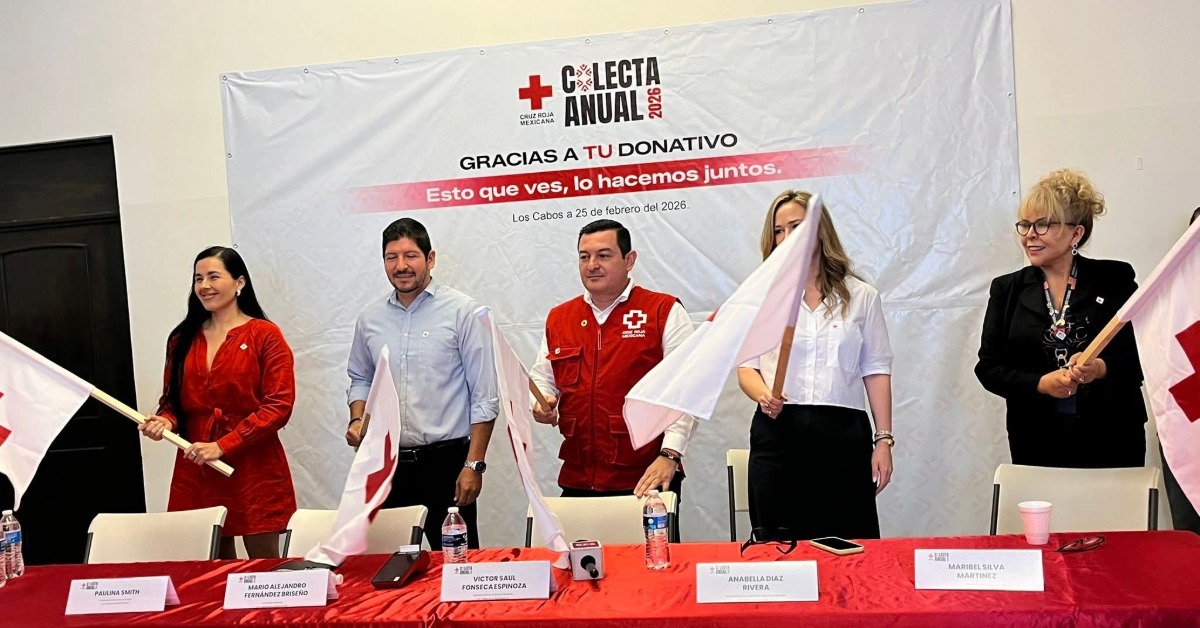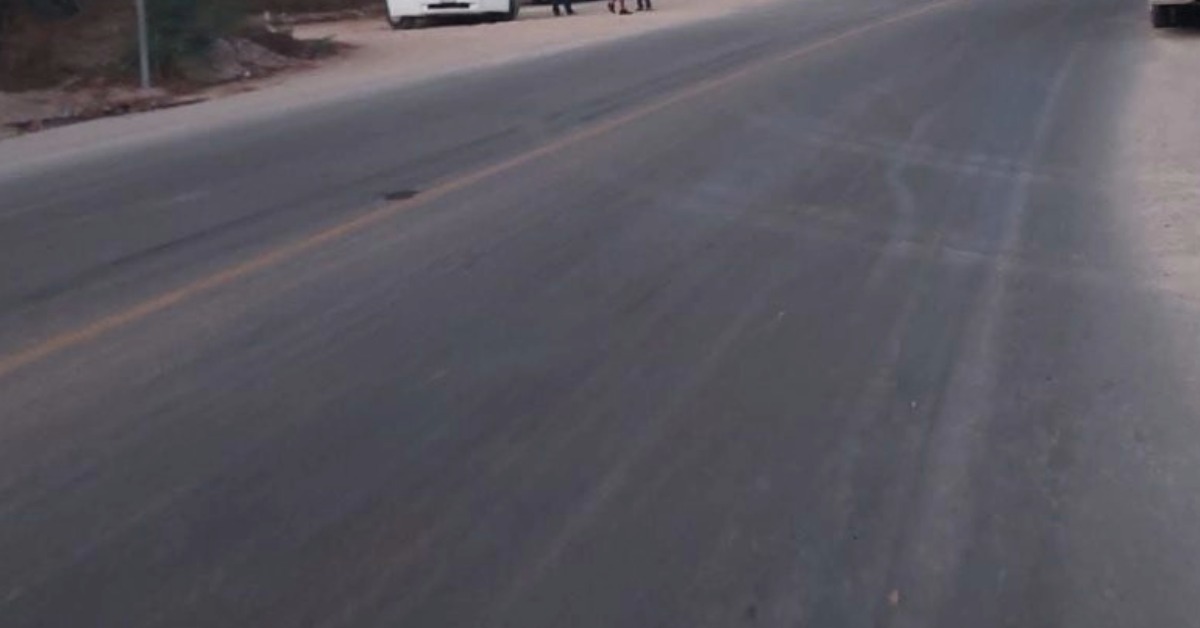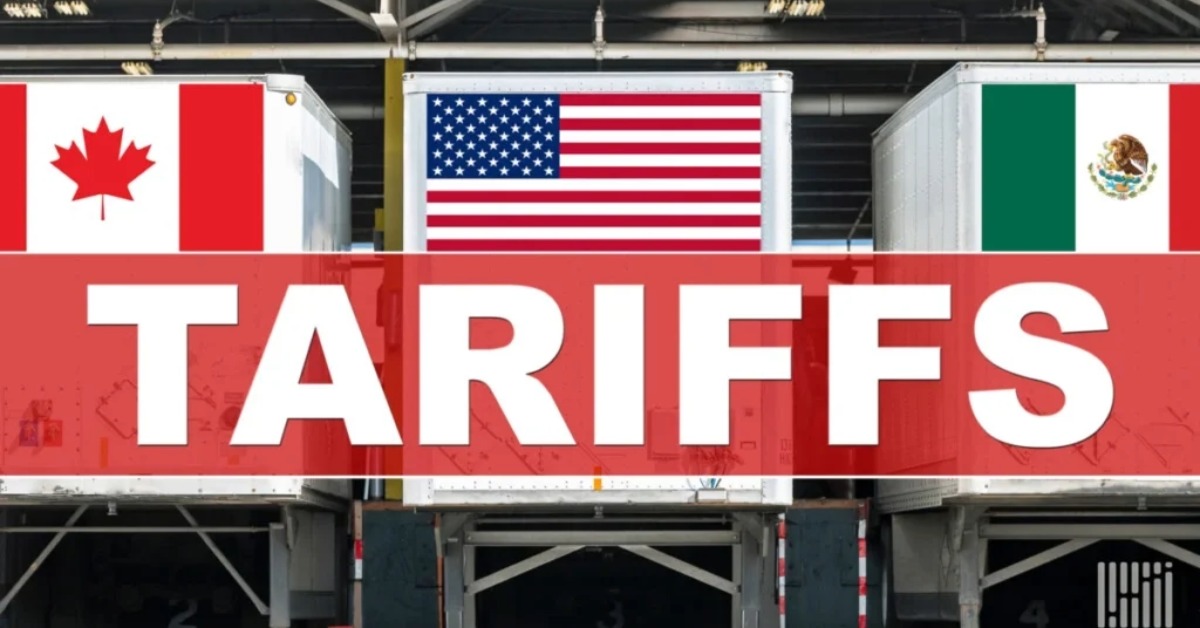Mexico’s war on drugs has left 234,966 people dead in the last 11 years. In 2017 alone, the country saw some 29,000 murders, the highest annual tally since such record-keeping began in 1997.
For years, incensed Mexicans have demanded that President Enrique Peña Nieto – now in the final stretch . . .






